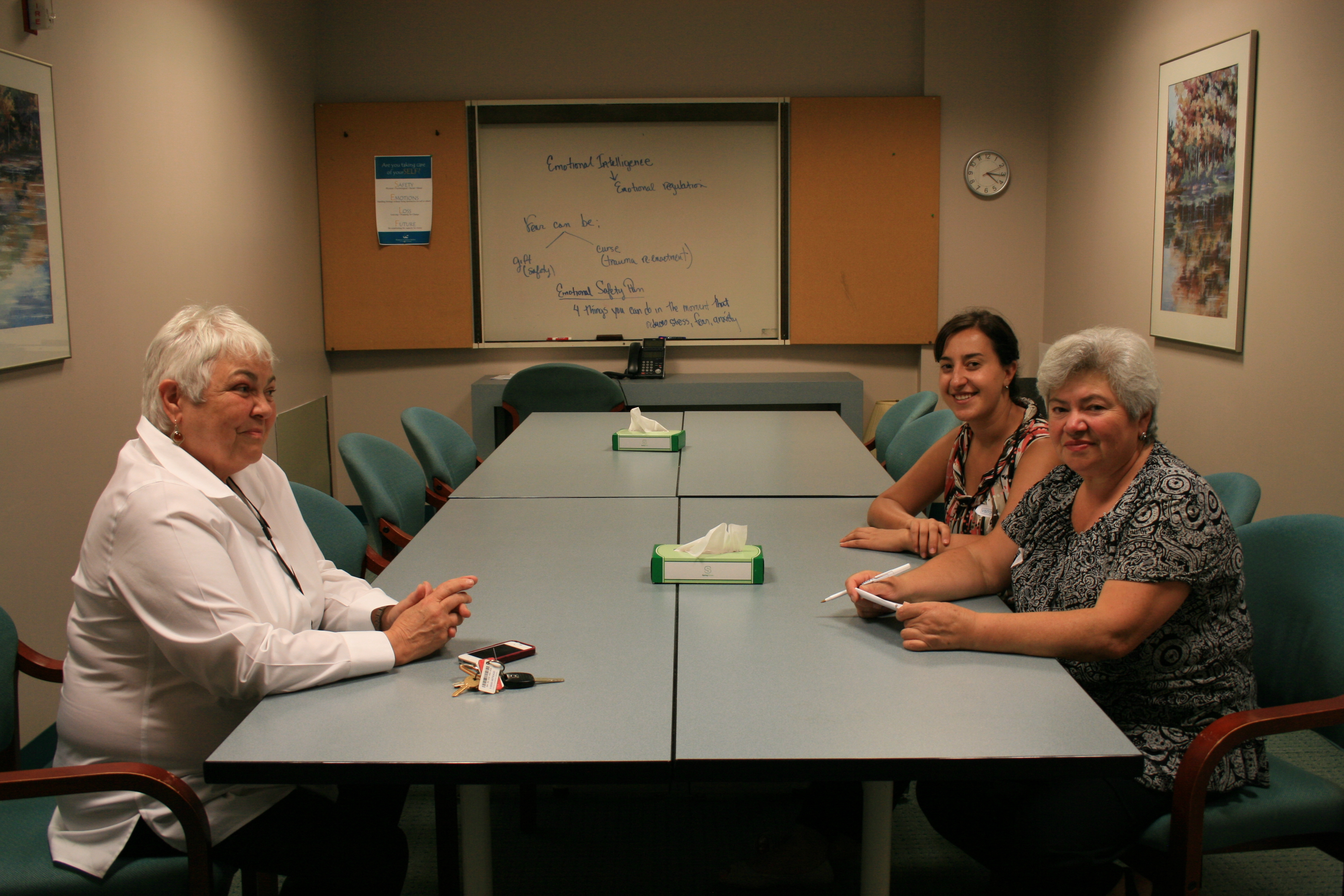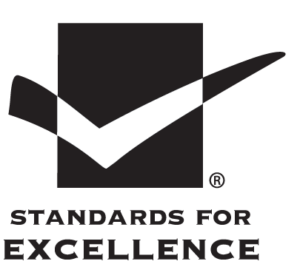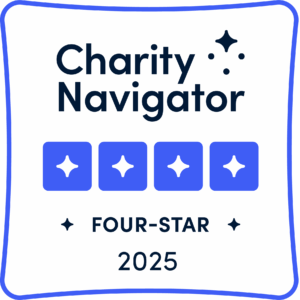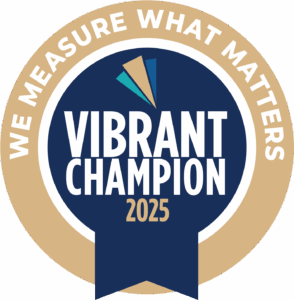Reflections from an Armenian Intern
Determined to help women suffering from intimate partner violence in Armenia, Arpine interned at Women’s Center & Shelter this summer. Arpine’s reflections below offer insight into how far the United States has come in combating domestic violence (DV) since the Women’s Movement in the 1970’s, and also how her own country is beginning the fight to end intimate partner violence (IPV) in the lives of women and their children. Arpine’s reflections are as follows:
It’s a Private Matter…
Driven by an intense appreciation for family bonds and accepted societal norms that discriminate against women, my Armenian culture treats IPV as a private matter that should be kept within the family. Sadly, this attitude is also held by the state and official institutions, which do not recognize IPV as a problem that requires intervention outside of the family. Due to this, Armenia does not have any laws in place regarding IPV, and the existing laws such as the Criminal Code and the Civil Code are not effectively enforced in domestic violence cases.
Working at the Grassroots…
Over the past 2 decades grassroots movements in Armenia have found the courage to bring the issue of domestic violence to the public forum, and their efforts have seen success.The Parliament of Armenia will review the draft of a law on domestic violence later this year due to a grassroots movement. While these are positive steps in the fight against violence, they may prove to be rather useless if not implemented and enforced properly. This is where my experience at Women’s Center becomes extremely beneficial!
Learning from Women’s Center & Shelter…

Prior to interning at Women’s Center & Shelter (WC&S), I did not realize that the laws and practices that protect victims of IPV in the United States are recent and exist largely because of grassroots movements that started only a few decades ago. Upon learning the history of and growth of IPV laws in the United States, I realized that women face the same challenges all over the world, and that with much dedication Armenia can experience the same success one day.
This summer, Mrs. Heghine Mkrtchyan, President/CEO of one of the first DV shelters in Armenia, visited Women’s Center.I translated as she met with staff to learn from how WC&S operates. During her visit, she attended court hearings with Women’s Center advocates and learned about the many programs and services WC&S offers. She was particularly impressed by the cooperation between domestic violence advocates and law enforcement, as this is not the current case in Armenia. Women’s Center’s Legal Director assured Heghine that this was not always the case. This is the result of 40 years of grassroots work in the United States.
Returning to Armenia…
I am inspired to go back to Armenia and work with a new zeal in hopes we will have similar cooperation with our courts and law enforcement one day. I am also touched by the devotion that Women’s Center has toward their mission of ending violence in the lives of women and their children. A famous Armenian writer once said “Mighty is the nation that has mighty families,” but for me the strength in our families is not defined by how well we protect our secrets, but by how well we protect our family members.



